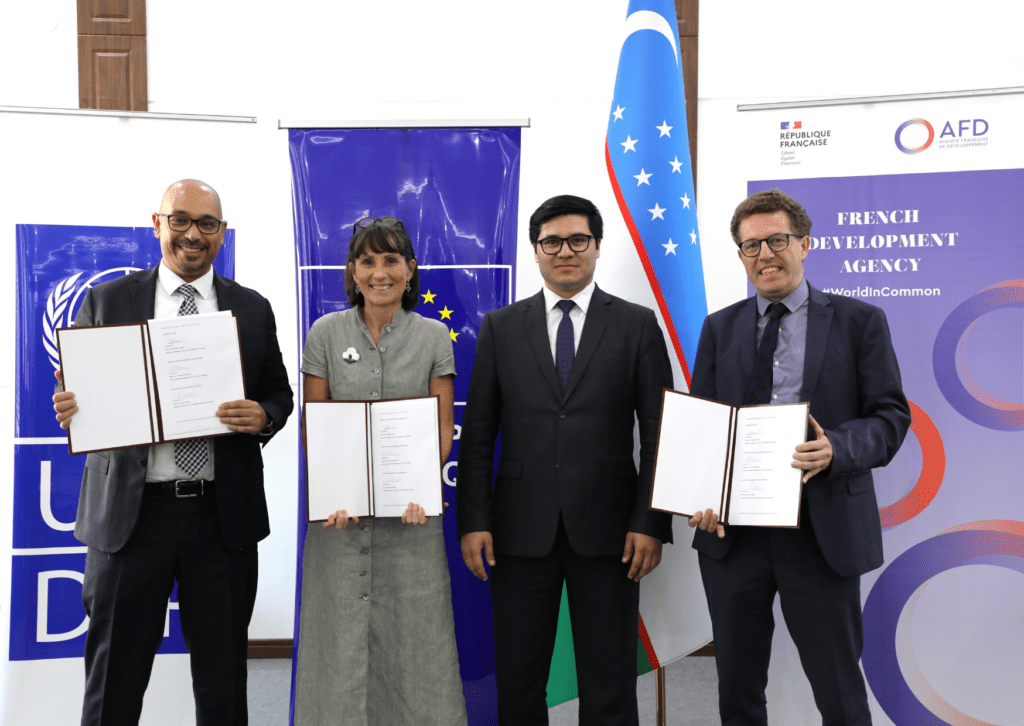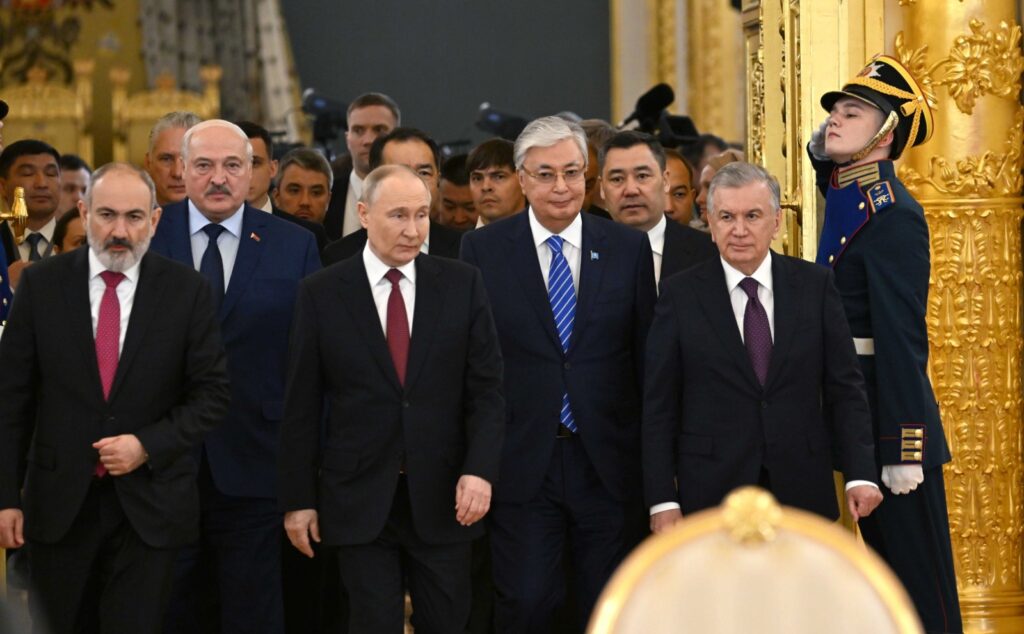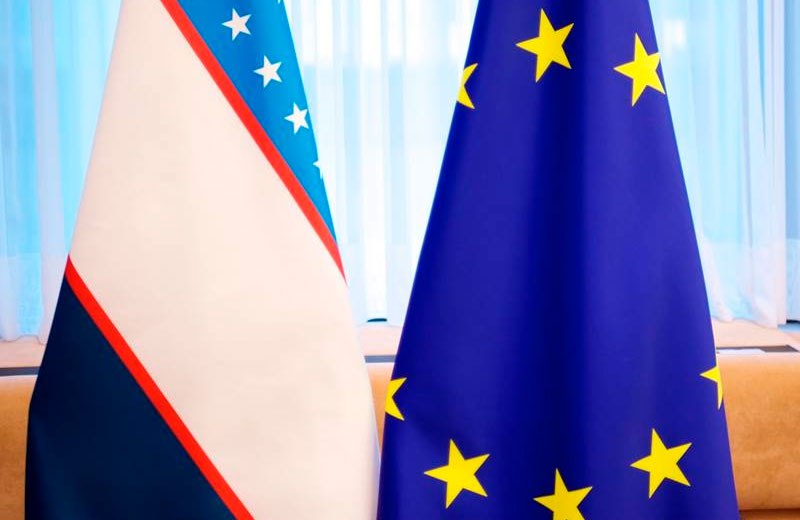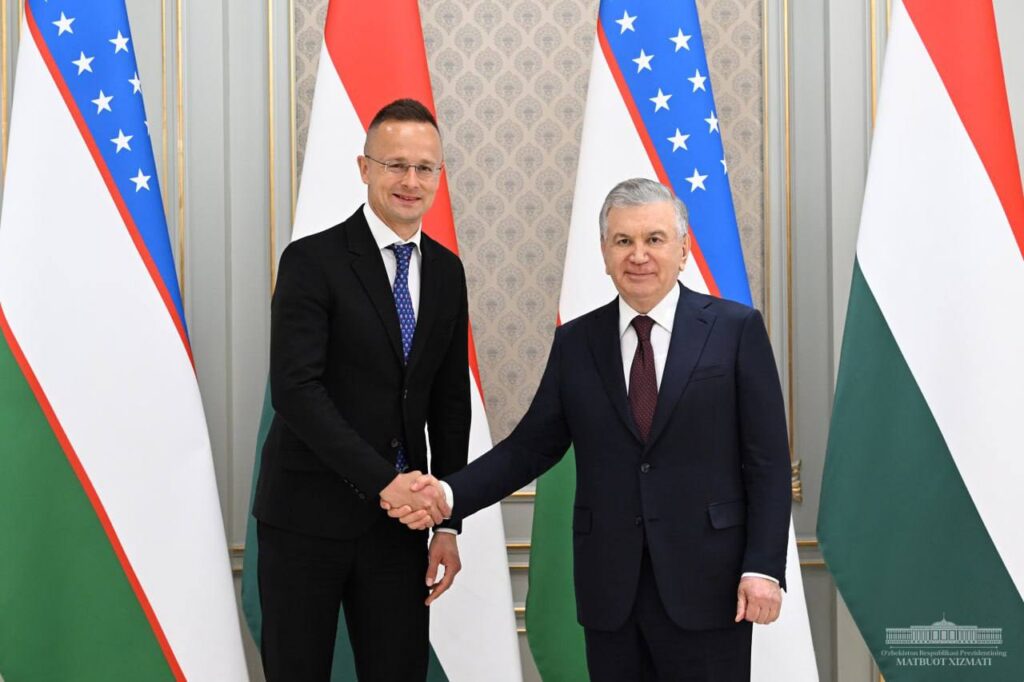EU to Allocate €600,000 to Uzbekistan for Green Budgeting
An agreement on financing a new project in support of green development in Uzbekistan was signed on May 6 by representatives of the French Development Agency (AFD), the European Union, and the United Nations Development Program (UNDP). According to the UNDP's press service, the project aims to assist the Uzbek government in financing green development across the country through the effective use of public finance, integrating green priorities into the budgeting process (green budgeting), and introducing innovative financial instruments to attract investments in green projects. The Ministry of Economy and Finance is expected to act as the cabinet-level partner in this project. Under the agreement, grant funds in the amount of €600,000 provided by the EU will be directed by AFD and the UNDP to provide technical assistance to the government under the project "Supporting Green Development Financing in Uzbekistan" for the period 2024-2026. The new project will build on the results and achievements of the previous joint initiative by AFD and the UNDP to introduce budgeting methodologies and practices based on the Sustainable Development Goals (SDGs), which were successfully implemented in 2022-2023. At that time, the Ministry of Economy and Finance was supported in designing and developing methodologies based on international best practices, conducting research and capacity building of national partners in the field of SDGs and green budgeting. Key results of that project included climate budget labeling -- implemented for the first time in Uzbekistan -- and the presentation of its results in the "Budget for Citizens" publication.








